World Press Freedom Day 2025
IN THIS ISSUE
The Courage to Tell Dangerous Truths
It is more urgent than ever to support free and robust reporting.

IWPR FOUNDER & EXECUTIVE DIRECTOR
When Ukrainian authorities received more than 750 corpses in an exchange two months ago, they expected fallen soldiers. Inside one man’s body bag they found the remains of a young journalist, Viktoriia Roshchyna.
Skeletal, the body showed clear signs of torture, with parts of the head absent. Missing since mid-2023, she had been detained while researching stories of detentions and disappearances under Russian occupation. Previous articles had told of killings, abductions, intimidation.
The only Ukrainian journalist still willing to travel into occupied areas, Roshchyna’s courage illustrates why the truth is dangerous – and why it is essential.
"In a world awash with distortion and fabrications, journalists are not the problem, they are the antidote."
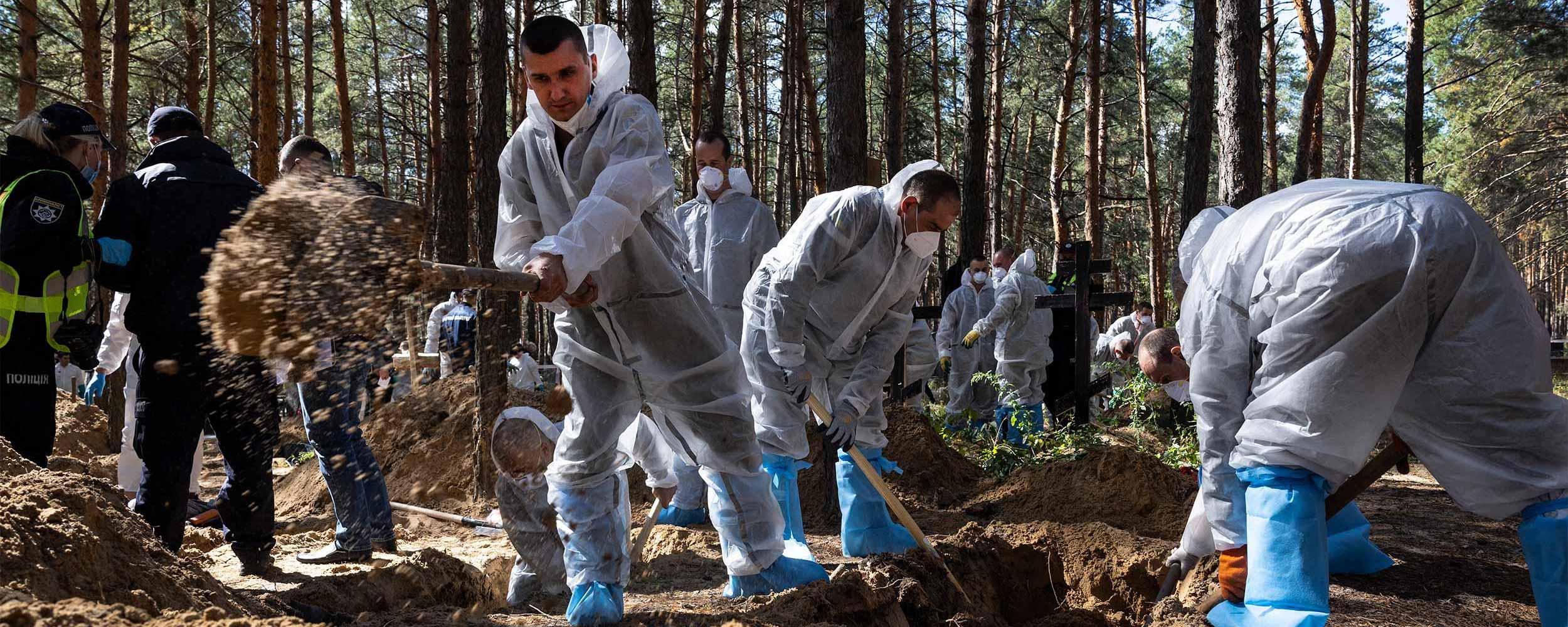
The Challenges to Covering War Crimes Trials
Reporters often face obstacles accessing court and can struggle to source both training and support.

CONSULTANT
Ukrainian journalists are on the frontlines of documenting war crimes justice processes amid the ongoing conflict in their country.
Court proceedings can be slow and complex, demanding both patience and a solid grasp of international law. Trials are often held in closed session, and the judicial system does not always support a reliable flow of information.
Oksana Romaniuk leads the Institute of Mass Information (IMI), a Ukrainian NGO protecting freedom of speech and supporting the development of Ukrainian journalism. She told IWPR contributor Monical Ellena that “more effective” systems and dedicated training were needed to support this specialised area of reporting, itself a key factor in delivering justice and accountability.
“Closed court hearings… restrict the media’s ability to report on proceedings.”
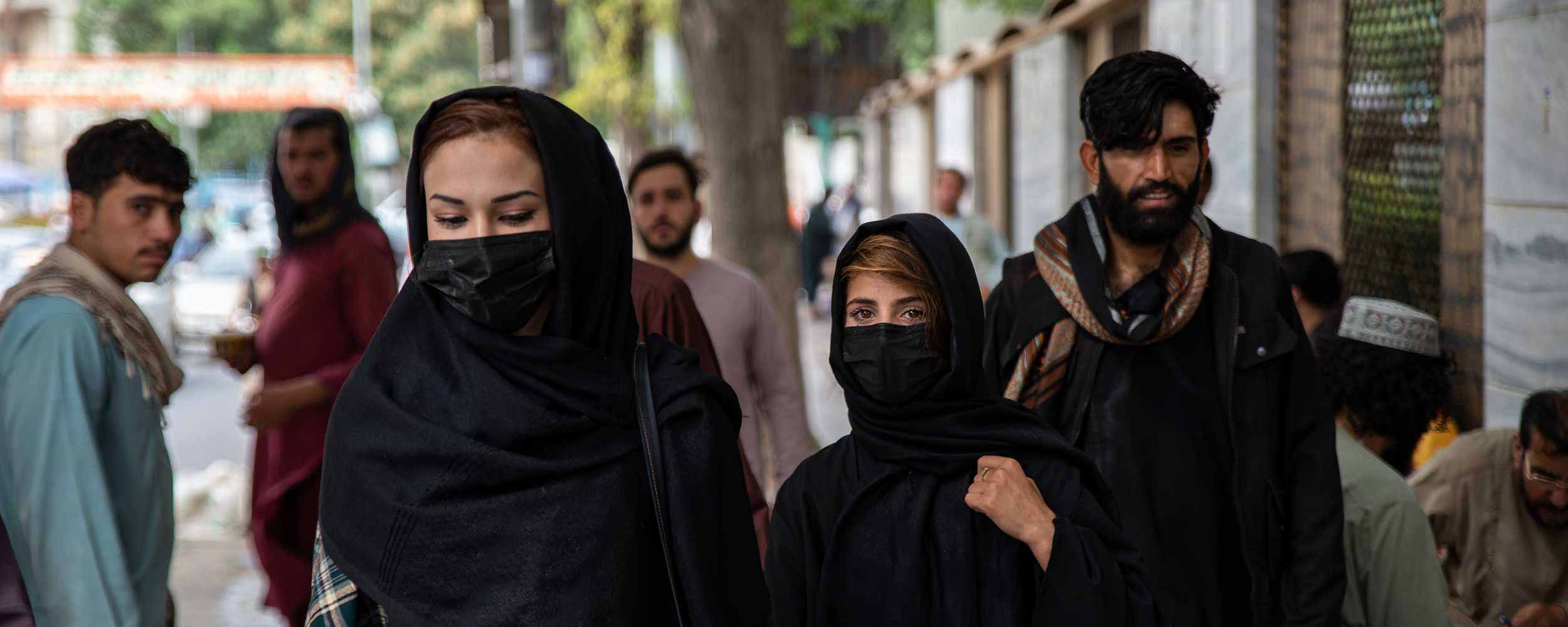
“The Taliban Took All My Dreams Away”
Women’s exclusion from the Afghan media space has meant that issues critical to women go unreported.
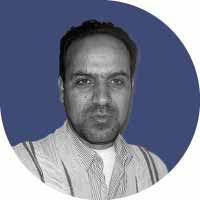
IWPR AFGHANISTAN CONTRIBUTOR
“What was the point of all that schooling and hard work to become a journalist?” asked Sophia Naseri, 27, an Afghan woman now living in the UK.
Sophia studied journalism for two years at Nai, an institute supporting open media in Afghanistan, with the aim of becoming a television presenter and a voice for Afghan women. But Kabul’s fall to the Taliban in August 2021 put paid to all her aspirations.
“I dreamed of becoming a renowned journalist one day, but the Taliban took all those dreams away from me,” she told IWPR.
“Women will not surrender to the current conditions.”
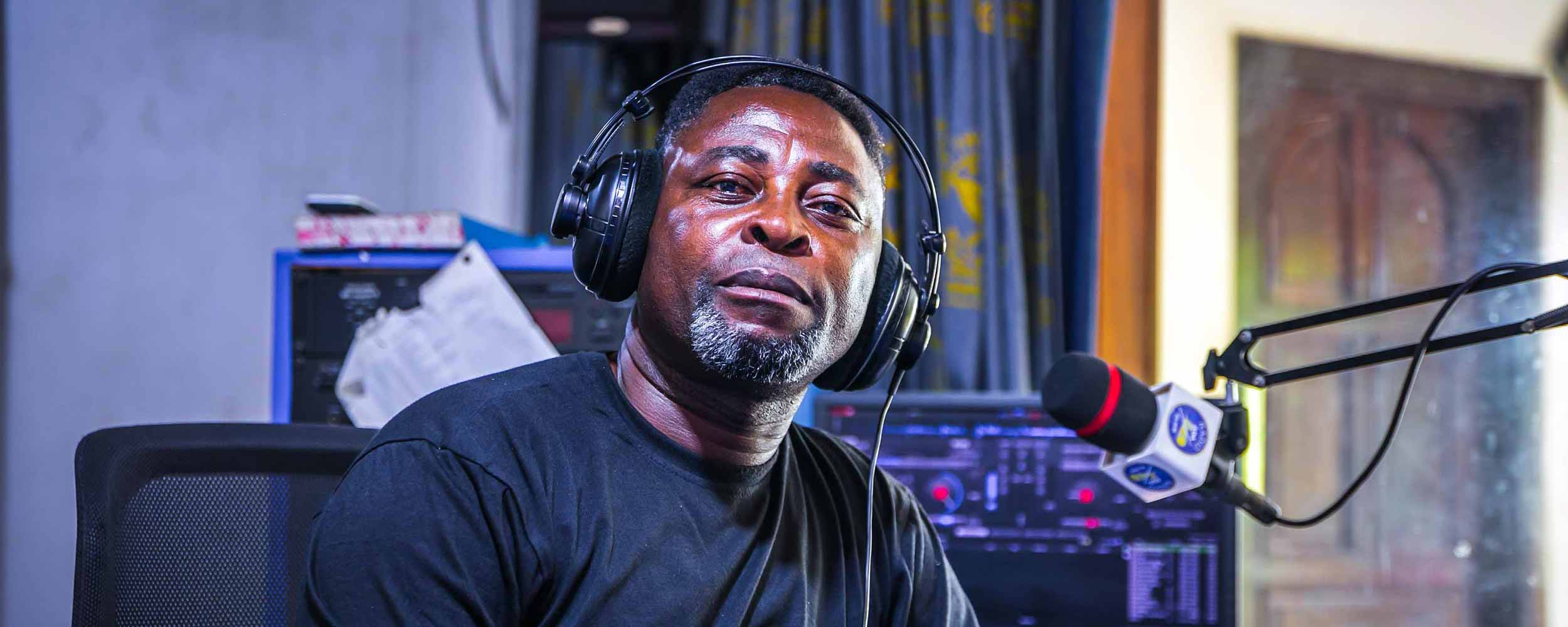
How African Journalists are Defying Censorship
In the face of harassment and repression, media across the continent is not only surviving but innovating.
CJID EXECUTIVE DIRECTOR
CJID MULTIMEDIA JOURNALIST & PROJECT COORDINATOR
In Africa, the landscape of journalism faces unprecedented challenges. Despite the central role of media in informing the public and setting the democratic agenda, governments across the continent—armed with sophisticated surveillance tools—increasingly work to stifle press freedom.
Legal crackdowns, internet shutdowns and physical attacks have become common tactics in silencing independent media, despite the fact that many African constitutions and declarations guarantee freedom of association and expression. In their desperate attempts to cling to power, authoritarian regimes violate these rights, suppress dissenting voices, and intimidate those who speak out against human rights abuses and endemic corruption.
Yet, amidst these challenges lies a story of remarkable resilience and an unwavering commitment to truth by courageous journalists and media-support organisations across Africa.
"Legal crackdowns, internet shutdowns and physical attacks have become common tactics in silencing independent media."
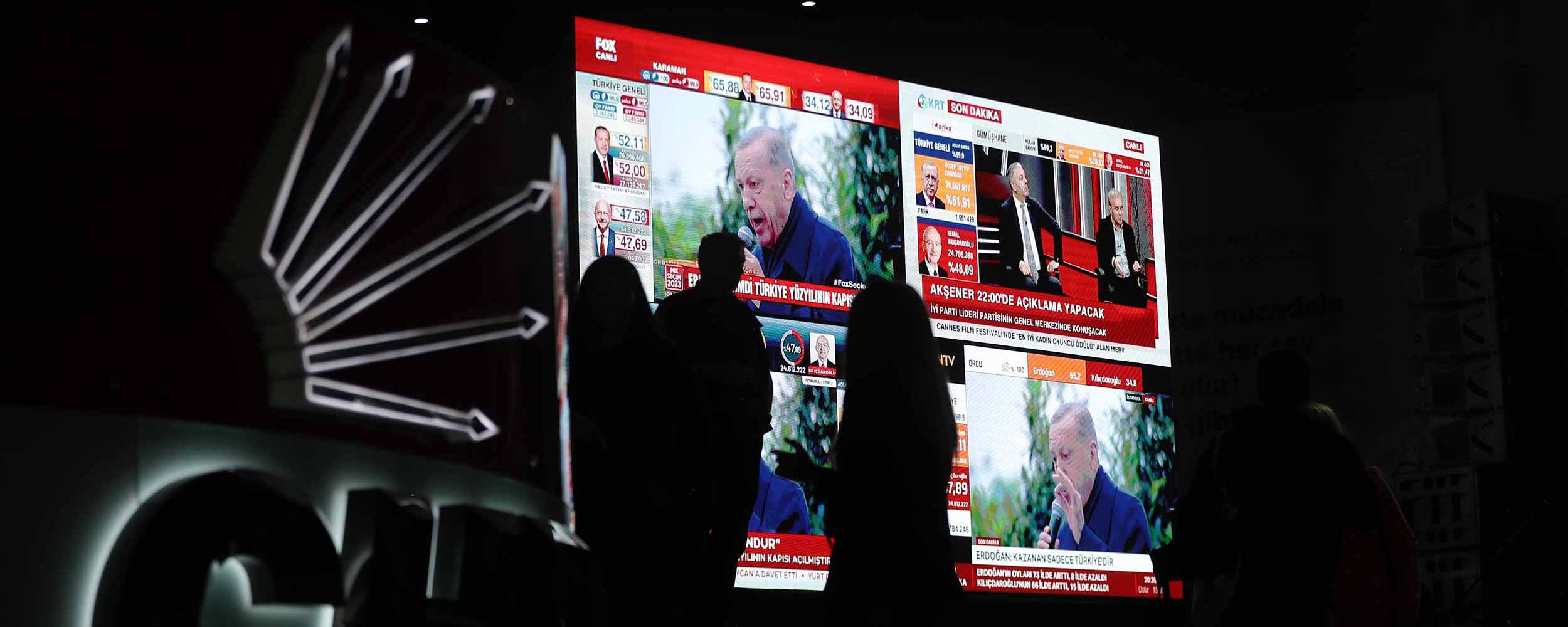
Breaking In, Holding On: the Women Reporters of Ankara
In a tough media landscape, parliamentary politics has become a rare female stronghold– but true equality remains elusive.
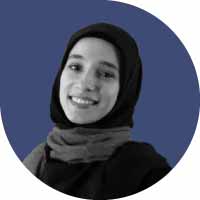
FREELANCE JOURNALIST
Across the world, gender inequality remains deeply rooted in workplaces, and journalism is no exception. In Turkey, women journalists face additional hurdles from an increasingly restrictive political climate and economic instability. Yet within this difficult environment, parliamentary reporting in Ankara stands out as a rare space where women have carved out a strong and respected presence.
This achievement is the result of years of persistence by women journalists who pushed against newsroom biases to claim critical beats. Their resistance gradually shifted norms, creating a parliamentary press corps where women are not only visible but influential. Still, while the corridors of parliament have opened to more women reporters, true equality in Turkish media remains a distant goal.
“The tradition of press freedom here hasn’t been completely broken."
“This is a Critical Time for Iraq”
Co-founder of Jummar media explains why young Iraqis urgently need an information space where they can learn, contribute and share perspectives.

CO-FOUNDER, JUMMAR MEDIA
In October 2019, huge protests began in Iraq. Known as the Tishreen movement, young people flocked to public spaces demanding change. The protests were on massive scale and had a real impact on a political as well as a social level.
But in Iraq, no one covered it. The mainstream media in Iraq shunned these young activists, who began trying to create their own platforms to communicate, largely on social media.
There was clearly a lack of any sort of home-grown media or information space they could access where they felt like they could communicate and be heard.
"There are still huge challenges facing independent media in Iraq."
Mounting Pressure on Moldova’s Independent Press
Experts warn that existing legislation is failing to protect media.

EDITOR-IN-CHIEF, INDEPENDENT JOURNALISM CENTER MOLDOVA
Moldova is experiencing a rise in attacks, threats and pressure on journalists, accompanied by potentially damaging legislative proposals.
Media experts warn that the existing legal framework was not only failing to protect journalists but that its application remained weak. Journalists in the autonomous region of Gaugazia and the breakaway territory of Transnistria face particular impediments to their work.
Natalia Zăhărescu is a journalist from the investigative Ziarul de Gardă newspaper, long targeted by powerful politicians and oligarchs.
“Russian propaganda is stirring up hatred to an unprecedented level.”
